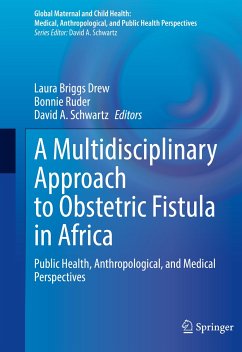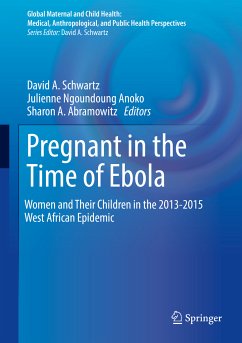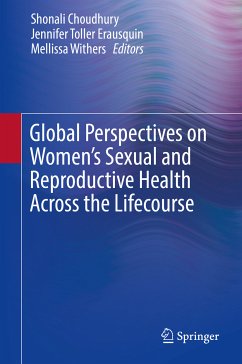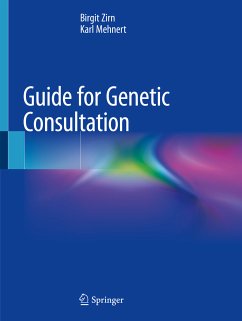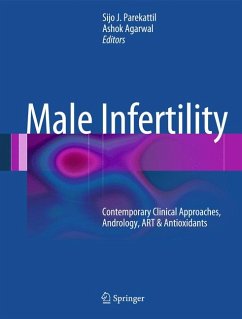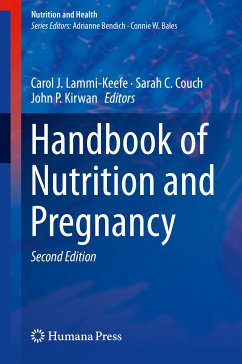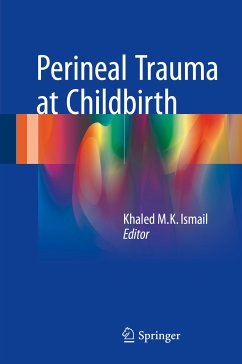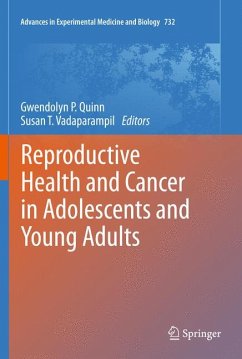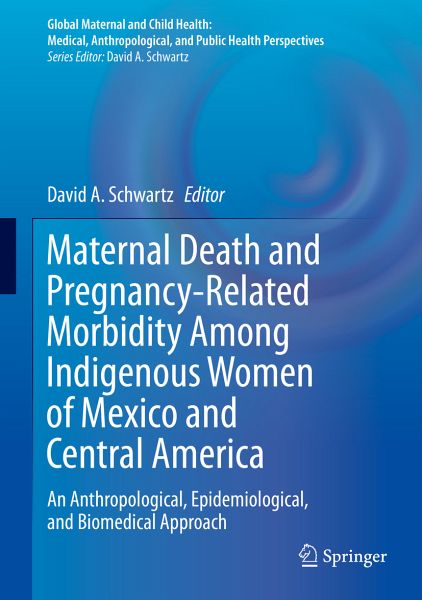
Maternal Death and Pregnancy-Related Morbidity Among Indigenous Women of Mexico and Central America (eBook, PDF)
An Anthropological, Epidemiological, and Biomedical Approach
Redaktion: Schwartz, David A.
Versandkostenfrei!
Sofort per Download lieferbar
80,95 €
inkl. MwSt.
Weitere Ausgaben:

PAYBACK Punkte
40 °P sammeln!
This ambitious sourcebook surveys both the traditional basis for and the present state of indigenous women's reproductive health in Mexico and Central America. Noted practitioners, specialists, and researchers take an interdisciplinary approach to analyze the multiple barriers for access and care to indigenous women that had been complicated by longstanding gender inequities, poverty, stigmatization, lack of education, war, obstetrical violence, and differences in language and customs, all of which contribute to unnecessary maternal morbidity and mortality. Emphasis is placed on indigenous cul...
This ambitious sourcebook surveys both the traditional basis for and the present state of indigenous women's reproductive health in Mexico and Central America. Noted practitioners, specialists, and researchers take an interdisciplinary approach to analyze the multiple barriers for access and care to indigenous women that had been complicated by longstanding gender inequities, poverty, stigmatization, lack of education, war, obstetrical violence, and differences in language and customs, all of which contribute to unnecessary maternal morbidity and mortality. Emphasis is placed on indigenous cultures and folkways-from traditional midwives and birth attendants to indigenous botanical medication and traditional healing and spiritual practices-and how they may effectively coexist with modern biomedical care. Throughout these chapters, the main theme is clear: the rights of indigenous women to culturally respective reproductive health care and a successful pregnancy leading to the birth of healthy children.
A sampling of the topics:
A sampling of the topics:
- Motherhood and modernization in a Yucatec village
- Maternal morbidity and mortality in Honduran Miskito communities
- Solitary birth and maternal mortality among the Rarámuri of Northern Mexico Maternal morbidity and mortality in the rural Trifino region of Guatemala
- The traditional Ngäbe-Buglé midwives of Panama
- Characterizations of maternal death among Mayan women in Yucatan, Mexico
- Unintended pregnancy, unsafe abortion, and unmet need in Guatemala
Dieser Download kann aus rechtlichen Gründen nur mit Rechnungsadresse in A, B, BG, CY, CZ, D, DK, EW, E, FIN, F, GR, HR, H, IRL, I, LT, L, LR, M, NL, PL, P, R, S, SLO, SK ausgeliefert werden.



